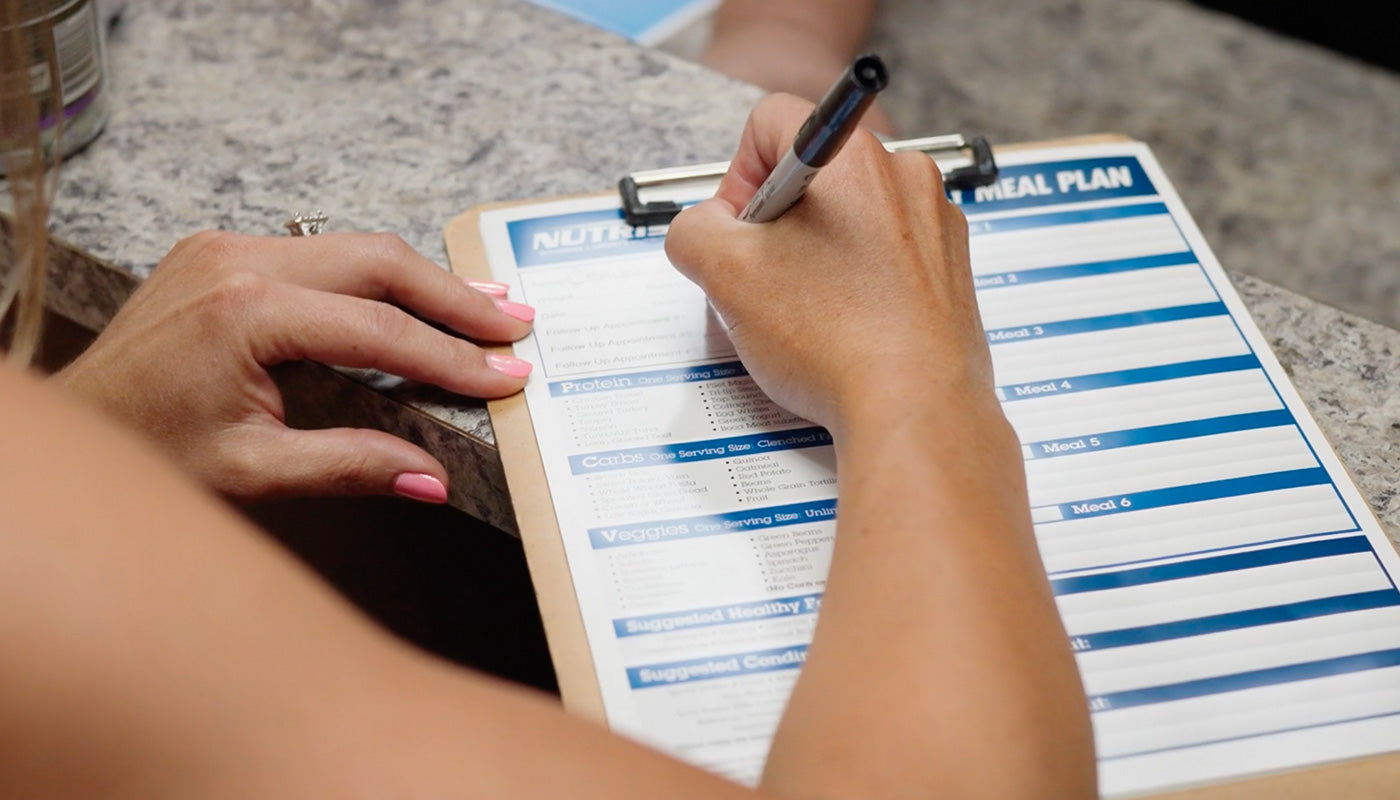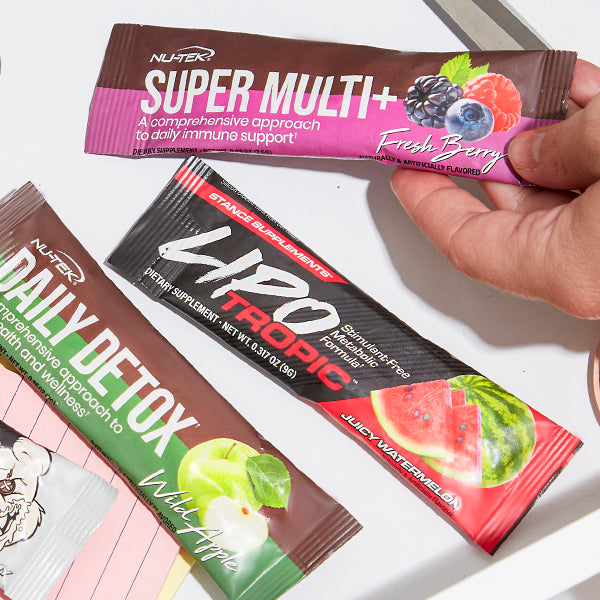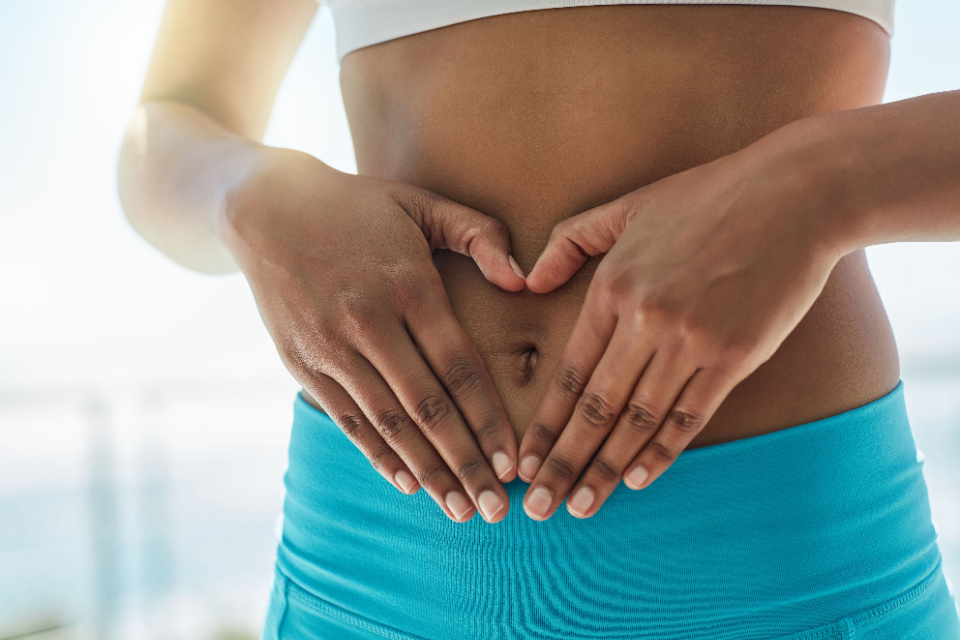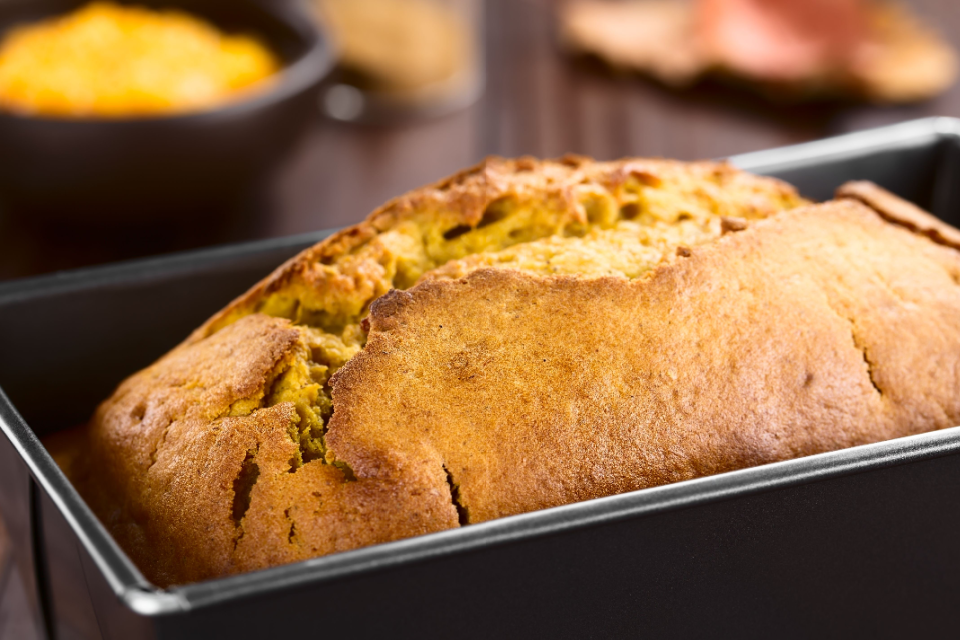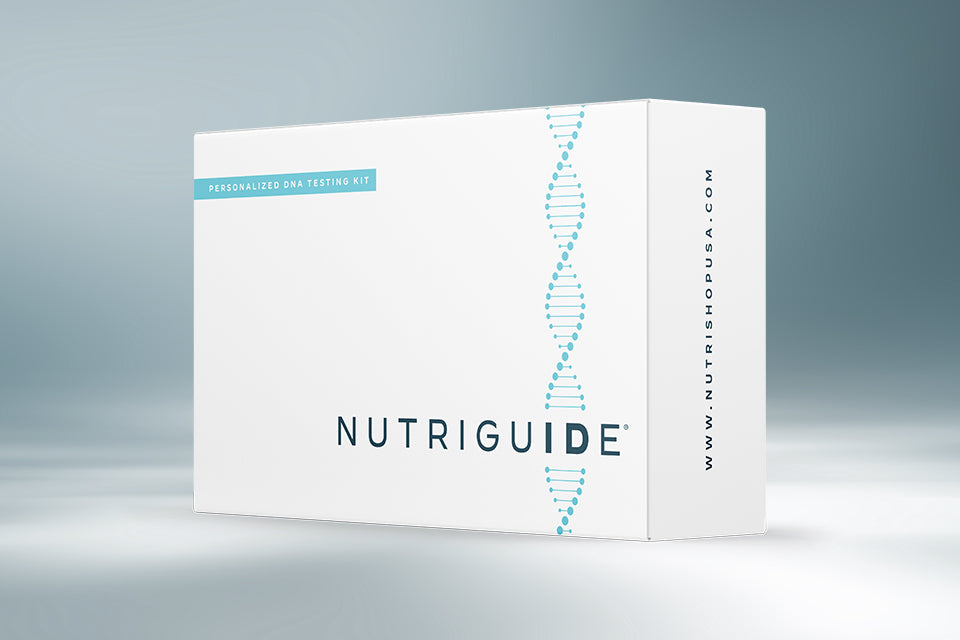Losing weight is challenging enough. You’ve got to change your eating habits, reduce calories, exercise more––all the things. But did you know your gut might be sabotaging your efforts? In this article, we will explore how your gut microbiome—a vast community of bacteria and microorganisms living in your digestive tract—plays a pivotal role in not just your health but also your weight-loss efforts. And, we will suggest ways to naturally support a thriving microbiome to help you achieve your goals in record time.
The Gut-Weight Connection
Emerging research continues to highlight the gut’s influence on weight management. The bacteria in your gut help digest food, regulate metabolism, and even affect hunger hormones like ghrelin and leptin, which control your appetite and feelings of fullness. An imbalanced gut microbiome—known as dysbiosis—can lead to inflammation, inefficient digestion, and weight gain.
For instance, certain strains of gut bacteria have been linked to an increased ability to harvest calories from food, potentially leading to weight gain. Conversely, a diverse and balanced microbiome can enhance your metabolism and promote fat loss.
The Role of Probiotics, Prebiotics, and Fiber

Improving gut health isn’t about a single magic ingredient but it demands a multifaceted approach:
Probiotics: These “good bacteria” are the star players for keeping balance in the gut. Probiotics help regulate digestion, reduce inflammation, and support the gut lining. You can find them in fermented foods like yogurt, kimchi, and kefir, or as supplements.
Prebiotics: Think of prebiotics as food for probiotics. These non-digestible fibers promote the growth of beneficial bacteria. Foods like bananas, garlic, asparagus, and oats are excellent sources of prebiotics.
Fiber: Fiber not only keeps your digestive system regular but it also feeds gut bacteria, promoting a healthy microbiome. A diet rich in fruits, vegetables, whole grains, and legumes helps you meet the recommended daily intake of 25–38 grams of fiber.
How To Naturally Improve Gut Health for Weight Loss

Here are some science-backed strategies to enhance your gut health, paving the way for more effective weight loss:
1. Eat a Variety of Whole Foods
Make sure your diet includes a variety of fruits, vegetables, lean meats, and whole grains. A diversified diet means your microbiome is also diversified, leading to better gut health and weight management.
2. Incorporate Fermented Foods
Add fermented options like sauerkraut, miso, and kombucha to your meals. These foods are naturally rich in probiotics and can help replenish the good bacteria in your gut.
3. Stay Hydrated
Healthy hydration aids weight loss and gut health by supporting digestion, preventing constipation, and maintaining the gut lining, which protects against harmful bacteria. It also promotes beneficial gut bacteria that regulate hunger hormones and support fat metabolism. Aim for at least half your body weight in ounces of water daily to stay on track.
4. Get Regular Exercise
Need another reason to hit the gym? Working out not only burns calories but also positively affects your gut bacteria. Exercise has been shown to increase the diversity of beneficial microbes in your gut.
5. Manage Stress
Stress can disrupt your gut microbiome by altering the balance of bacteria, increasing inflammation, and slowing digestion, which can lead to bloating and poor nutrient absorption. Stress also triggers cortisol, driving cravings for unhealthy foods and contributing to weight gain. Incorporate stress-relief practices like meditation, yoga, or deep breathing into your routine to help manage stress effectively.
6. Consider Targeted Supplements
While healthy whole foods are best, supplements like probiotics, digestive enzymes, or fiber can help fill nutritional gaps. Products like Nutrishop’s Gut Formula, which combines probiotics, digestive enzymes, and other gut-supportive ingredients, can be a helpful addition to your regimen.
Why Gut Health Should Be a Priority
A healthy gut is about more than weight loss—it’s vital for overall wellness. From improving nutrient absorption to supporting your immune system, your microbiome is a cornerstone of good health. Prioritize it, and the benefits can extend far beyond the scale.
As always, consult with a healthcare professional before starting any new supplement or dietary routine to ensure it aligns with your health needs.
